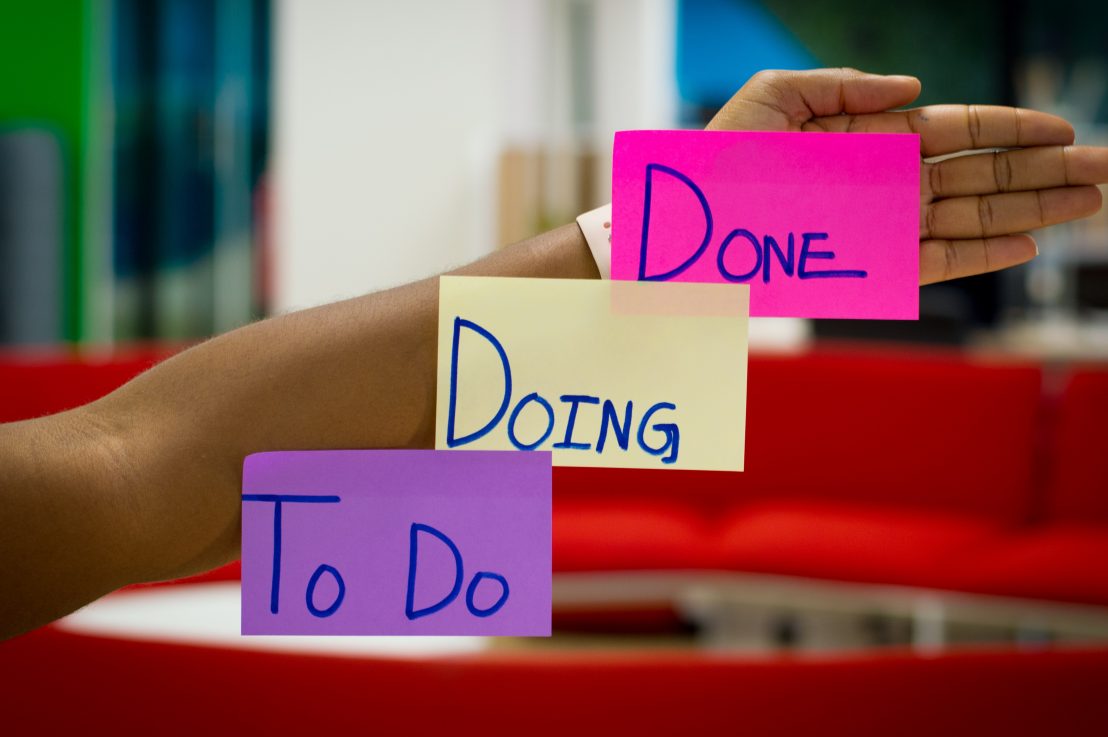The international development sector is a highly competitive and constantly evolving industry, and finding the right job, contract, or opportunity can be a daunting task for professionals and graduates alike. However, by understanding the key strategies and tactics for success, anyone can navigate the job market and secure a fulfilling and rewarding role in the international development sector.
One of the most important elements of success in the international development sector is building a strong personal brand. This means highlighting your unique skills, experiences, and achievements, and communicating them effectively to potential employers and networks. Your personal brand should be reflected not just in your resume and cover letter, but also in your online presence, such as your LinkedIn profile and portfolio. When networking, make sure to be able to communicate your value proposition, what you can bring to the table, and where you want to be in the future.
Networking is another essential element of success in the international development sector. Building relationships with professionals in your field can open doors to new opportunities and provide valuable advice and support. Attend industry events, join professional organizations, and connect with individuals on LinkedIn. It’s important to remember that networking is not just about getting a job, but about building a professional support system that will help you throughout your career.
Online resources can also be a valuable tool for finding the right job, contract, or opportunity in the international development sector. There are many websites and platforms that specialize in international development job listings, such as Jonusta, Devex, ReliefWeb, 80,000 hours, Mission Talent, and DevelopmentAid. You can also find many international development organizations that have their career section and job listings on their website.
One of the most common misconceptions about finding a job in the international development sector is that you need a specific degree or certification to be considered. However, while education and experience are certainly important, they are not the only factors employers consider. Employers are often more interested in your skills and experiences, and how they can be applied to the specific job or opportunity. So, if you don’t have a specific degree or certification, don’t be discouraged, instead, focus on highlighting your relevant skills and experiences.
Another common misconception is that you need extensive international experience to be considered for a job in the international development sector. While it can be beneficial to have experience working in or with developing countries, it is not always a requirement. Employers are often more interested in your skills and experiences, and how they can be applied to the specific job or opportunity. So, focus on highlighting your relevant skills and experiences, and be open to considering opportunities both domestically and internationally.
Finally, many people believe that they need to have extensive professional experience to be considered for a job in the international development sector. However, this is not the case. Many entry-level jobs in the sector are designed for recent graduates and young professionals. Keep in mind that the international development sector is a diverse field, and you can find many opportunities for different levels of experience and skills.
In conclusion, finding the right job, contract, or opportunity in the international development sector takes time, effort, and strategic planning. By building a strong personal brand, networking effectively, and utilizing online resources, you can increase your chances of success. Remember that there are common misconceptions about finding a job in the international development sector, but by being aware of them, you can avoid them and increase your chances of success. The international development sector is a challenging but rewarding industry, and by following these key strategies and tactics, you can find the right job, contract, or opportunity that aligns with your career goals and aspirations.








